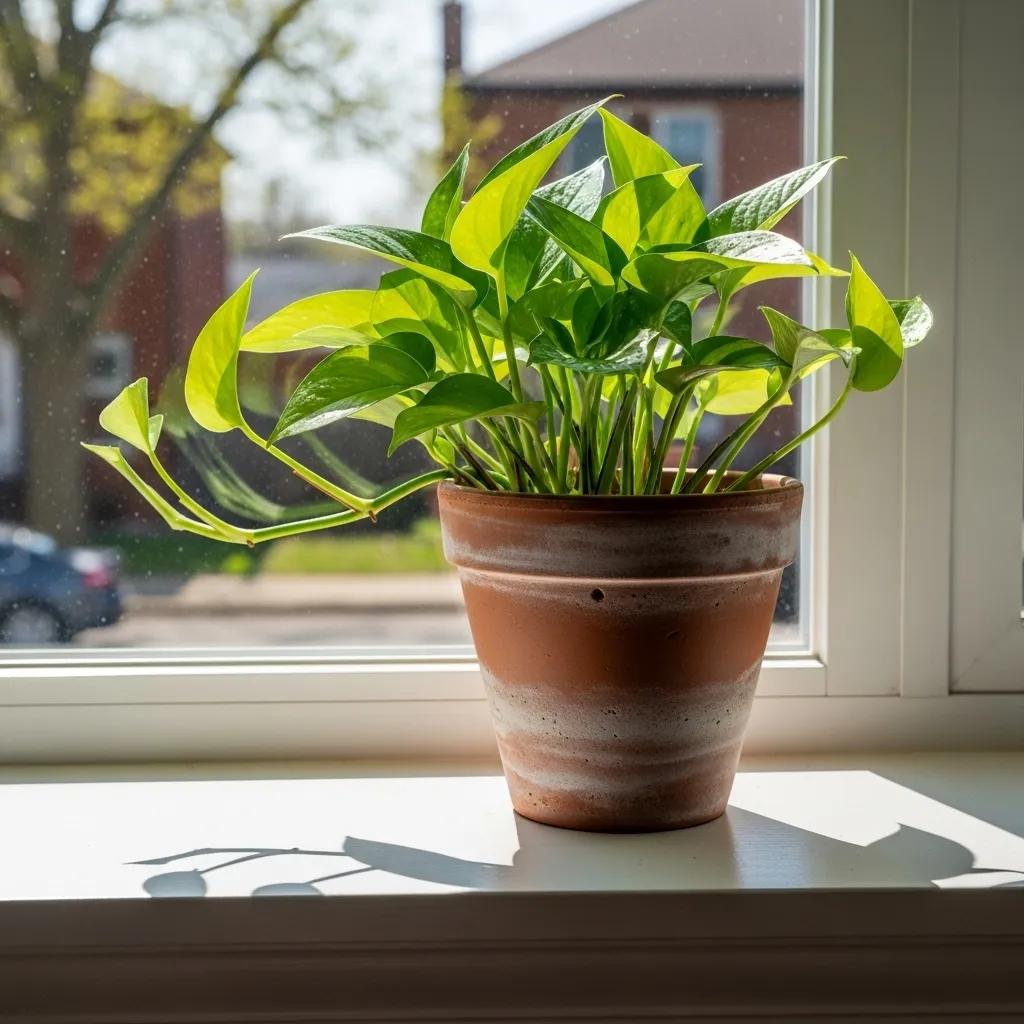
Frequently Asked Questions From a Planner’s Perspective
I just retired. Should I pay off my mortgage immediately with a lump sum from my 401(k)?
The emotional appeal of being debt-free is powerful, but this is often a poor financial move. Taking a large lump sum from a tax-deferred account like a 401(k) or traditional IRA is a taxable event. It could easily push you into a much higher tax bracket for that year, costing you tens of thousands in unnecessary taxes. Furthermore, it depletes the invested capital that is meant to generate growth and income for the rest of your life. The better strategy is to compare your mortgage interest rate to the conservative, expected rate of return on your portfolio. If your mortgage is at 3.5% and your balanced portfolio has a long-term expected return of 6%, you are financially better off keeping your money invested and continuing the monthly payments.
My portfolio dropped right after I retired. What’s the first thing I should do?
The first and most important thing to do is nothing rash. Do not panic and sell your investments. This is precisely the scenario your strategic planning was designed to handle. Your first action should be to rely on your cash reserves—specifically, the “Retirement Bridge Account” we discussed. This allows you to pay your bills without selling stocks at a low point. Your second action is to review your discretionary spending. Can you postpone that expensive vacation or the kitchen renovation for a year? Reducing your withdrawals, even temporarily, is the most effective way to protect your portfolio and give it time to recover.
How do I create a “retirement paycheck” and manage my cash flow without a salary?
The key is to automate and create a system that mimics what you are used to. Do not simply pull money from your investment account whenever your checking account runs low. Instead, calculate your total monthly income need. Then, set up an automatic monthly transfer from your investment account (or a central money market account) to your primary checking account. This transfer becomes your new “paycheck.” It arrives on the same day each month, providing predictability and imposing a healthy discipline on your spending habits.
I feel lost and purposeless in my first few months. Is this a financial problem?
While it feels like a lifestyle issue, it has serious financial consequences. A lack of structure and purpose is a leading cause of overspending in retirement. People fill the void with expensive new hobbies, unplanned travel, or other consumption that was not part of their original budget. The solution is to be as intentional about your “time budget” as you are about your financial budget. Before retiring, create a plan for how you will spend your days. Will you volunteer, take a class, join a club, or start a small consulting project? Building a fulfilling routine is one of the best ways to protect your financial plan from the threat of boredom-fueled spending.
When should I update my estate plan now that I’m retired?
You should do it immediately. Retirement is a major life event that renders many aspects of an old estate plan obsolete. Your financial situation has fundamentally changed, you are no longer contributing to work-based accounts, and your wishes for beneficiaries may have evolved. Most importantly, you need to review your designated powers of attorney for both healthcare and financial matters. These are the people who will make decisions for you if you become incapacitated. The first three to six months of retirement are the perfect time to meet with an estate planning attorney and ensure your will, trusts, and directives are all updated to reflect your new reality.










